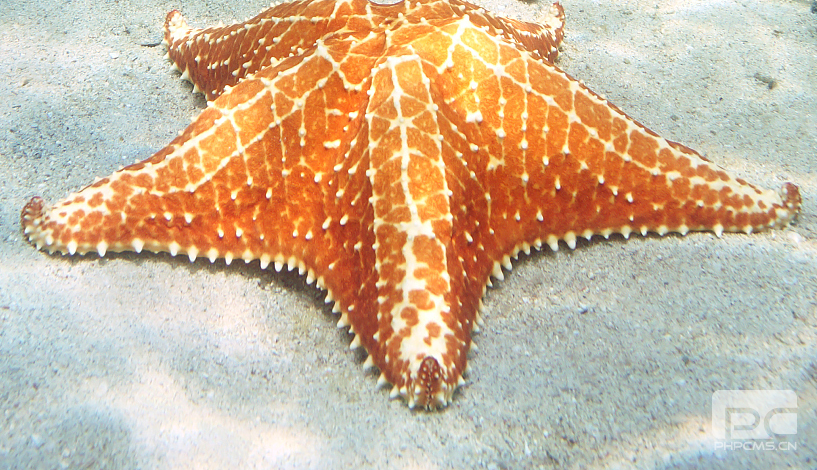September 16, 2023 – In a stark reminder of the challenges facing marine conservation, a recent incident in West Java, Indonesia, where locals butchered a beached whale shark, underscores the pressing issue of illegal exploitation of protected species. Despite Indonesia's ban on capturing, trading, and exploiting whale sharks since 2013, a study published in the journal Animals reveals a disturbing trend along the country's coastlines.
The study, led by Vincent Nijman, a professor of anthropology at Oxford Brookes University, UK, compiled 58 reports of whale shark landings over two decades. It paints a concerning picture of opportunistic exploitation of these gentle giants, either after stranding or being unintentionally caught by fishers. This practice not only violates legal protections but also poses a significant threat to the species known for its slow growth rate and high longevity.
The study, led by Vincent Nijman, a professor of anthropology at Oxford Brookes University, UK, compiled 58 reports of whale shark landings over two decades. It paints a concerning picture of opportunistic exploitation of these gentle giants, either after stranding or being unintentionally caught by fishers. This practice not only violates legal protections but also poses a significant threat to the species known for its slow growth rate and high longevity.

Nijman’s research indicates a complex interplay of economic necessity and cultural practices driving this illegal trade. In some instances, the proceeds from the sale of whale shark parts support community causes, including the repair of local mosques. This economic dependency makes the enforcement of conservation laws particularly challenging in these coastal communities.
The illegal trade in whale shark parts remains largely opportunistic, but its impact on the species is profound. With estimates of 10 to 30 whale shark landings each year in the study area alone, the cumulative effect on the population is alarming. These findings suggest that artisanal fisheries may pose a greater threat to whale sharks than previously assumed, raising concerns about the species' survival in Indonesian waters.
The government's response, while well-intentioned, reveals gaps in the implementation of conservation laws and community awareness. Efforts to train citizens across the archipelago in dealing with marine megafauna incidents are critical, yet more needs to be done. Efin Muttaqin, a conservationist with the Fisheries Resource Center of Indonesia, emphasizes the need for increased awareness about whale shark conservation and the legal repercussions of exploiting protected species.
This incident and the findings of Nijman’s study highlight the urgent need for a multifaceted approach to conservation, one that addresses both the enforcement of laws and the economic realities of local communities. As Indonesia grapples with these challenges, the plight of the whale shark serves as a poignant reminder of the delicate balance between human needs and wildlife conservation.




Copyright © 2023.Yooke studio All rights reserved.
PKWEEKLY NEWS












